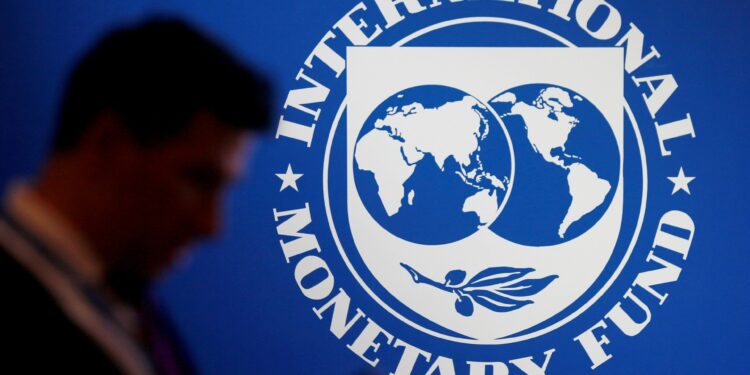The International Monetary Fund warned – today, Tuesday – that global public debt will continue to rise to exceed the level of $100 trillion by the end of the year, representing 93% of global gross domestic product, indicating that the financial situation of some countries may be “worse than expected.”
The Fund explained – in its latest report on financial policy – that public debt has not recorded an increase in percentage terms, as it has reached 93% since 2023, but it is increasing in value, and it is unlikely that this trend will change, as it is expected that the percentage will reach 100% by 2030, with an increase. 10% more than in 2019 before the outbreak of the Corona epidemic.
For comparison, the private debt of households and private non-financial companies represented 146% of global GDP at the end of 2023, according to Fund data.
Worse than expected
“There is reason to believe that the situation is worse than expected,” Ira Dabla Norris, assistant director of the Fund’s Financial Affairs Department, said during an online conference.
She continued, “Experience reminds us that debt expectations tend to be too optimistic, either because governments are optimistic about their growth expectations, or because financial reforms are never fully achieved.”
Even if countries have already announced a financial correction, this will not necessarily allow the public debt to be controlled or reduced, even if this correction is fully implemented.
This is due to the fact that some of the major economic powers, led by the United States and China, are recording a continuous increase in their debt without any future indicators showing a change in this trend.
Effectively reducing public debt would require a fiscal adjustment of 3.8% of GDP each year until the end of the decade, compared to the 1% planned until then.
Major consequences
On the other hand, a significant reduction in public expenditures may have major consequences on economic growth if it is not carefully thought out, as it may cause an increase in social disparities and a rise in the debt ratio.
The IMF has repeatedly stressed the need for countries to restore their financial margins after they have shrunk as a result of successive crises since the Corona pandemic, so that they can confront any future crises.
At the same time, he acknowledged the need for countries to make major investments in order to combat climate warming and enable societies to adapt to its consequences now.
However, the increase in interest rates – in the last three years – has undermined the public finances of many countries, as their loan costs have increased.
According to the World Bank, about 40 countries are currently facing or about to face a debt crisis, especially due to the increase in their debt service.



